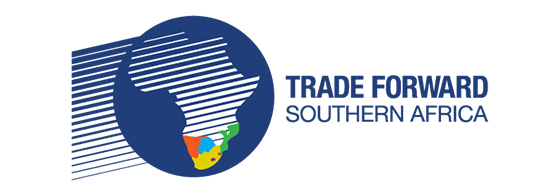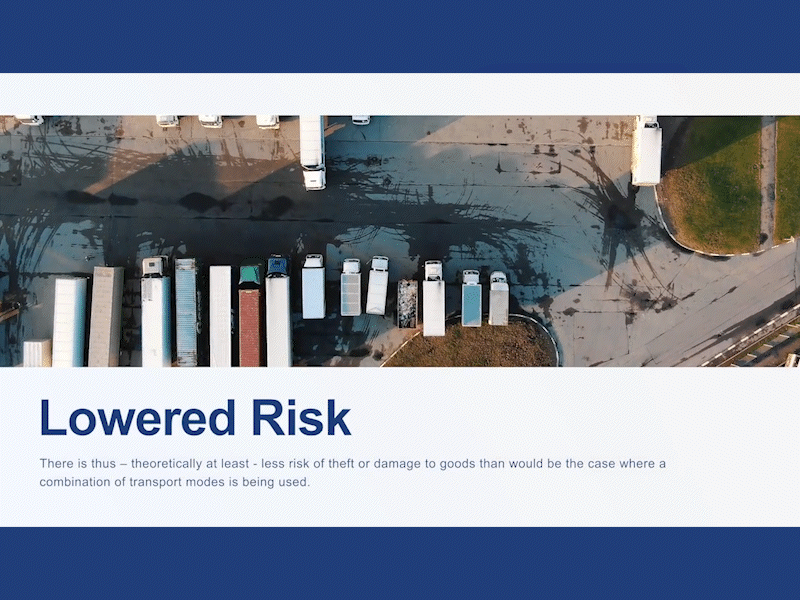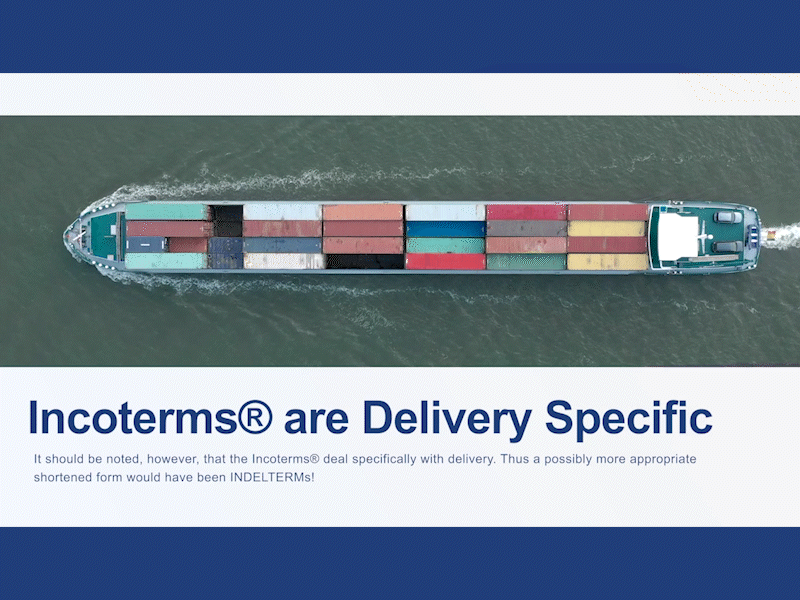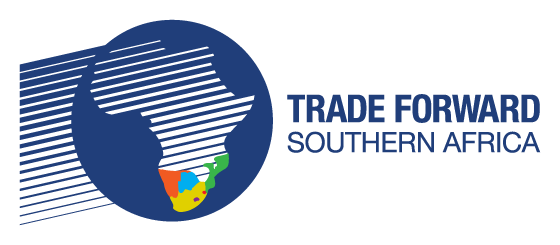Course 4: Customs Affairs
Module 3: Customs Valuation
Module Rating
Module 3 of 5
~45 minutes
3 Topics
Multiple Assessments

This is the third free module of a comprehensive course covering customs affairs. This module encompasses a comprehensive exploration of critical aspects in customs valuation. It begins with a grasp of the concept of value and delves into the significance of the GATT Valuation Code. You’ll also gain insights into the intricate relationship between selling and buying in the context of customs valuation and understand the procedures for establishing values for duty purposes. The module elucidates the six distinct methods employed in customs evaluation, shedding light on their applications and relevance. Furthermore, you will learn how to adjust the price paid or payable to determine the value for duty purposes (VDP). Key to this understanding is a thorough examination of the essential documentation, such as the Customs Declaration form, Supplier’s commercial invoice, and covering statement. Additionally, you will navigate the complexities of currency conversions in the realm of customs valuation and develop practical skills in customs value calculations using a customs worksheet. Click the icon below to get started on this free module.
Who is this Module for?
Businesses & Organisations
Looking to potentially expand their products into foreign markets
Governmental Organisations
That help facilitate or consult businesses on international trade
Entrepreneurs & Individuals
looking to start trading in foreign markets
Trade Consultants
Looking to stay up-to-date with most current export information
Individuals & Students
Who want to learn more about the export landscape, particularly in the Southern African region
This module is dedicated to equipping individuals involved in goods clearance for import purposes with the essential knowledge and skills required to navigate the intricacies of customs valuation and product classification. Understanding the Harmonised System (HS) classification code for a product is the first crucial step, as it empowers importers to ascertain the necessity of permissions from local authorities and to determine applicable duty rates. Since customs duties are typically calculated as a percentage of the customs value, participants will also delve into the intricacies of the importing country’s valuation system, learning how customs officials assess the value on which duty rates are applied.
This process involves adjustments to the price paid or payable for goods and, when necessary, currency conversions. Throughout the module, we explore various methods used to ascertain the customs value of products, detailing the specific charges that must be factored in or deducted from the price paid or payable. By the module’s conclusion, participants will have the expertise needed to calculate the duty payable during the importation process in the importing country accurately.
Understanding the export landscape can be a daunting challenge, for many the starting point is unclear and the way forward clouded by misinformation and dated sources. With this course, we break down and simplify the most basic and essential topics for customs affairs with the most up-to-date and relevant information. Presented in high-definition video, with each topic ending in assessment to ensure the lesson is properly retained.
This free module is part of a comprehensive course and is the most important source of information you need to understand the export landscape. An understanding that is essential to any growing business or industry where the potential for international trade is high. Completing this free module is the third major brick in your foundational knowledge of customs affairs and will form an essential part of your understanding of exports going forward. It is also the perfect segway into our next course covering export financial issues.
Topic 1: The role of the GATT Valuation Code in determining the value of imported goods for duty purposes
Topic 2: Determining the value for customs duty purposes (VDP)
Topic 3: Value Determination Adjustments
This is the third module in a series of five to form a comprehensive course covering customs affairs. Every course and subsequent module has been developed and curated by the International Trade Institute of Southern Africa and Trade Forward Southern Africa. The entire training course is free of charge and can be completed by individuals and organisations alike. This module and subsequent course lays an essential foundation for trade internationally. If you know anyone that would be interested, share this module with them using the link below. We would also love your feedback, so drop us a review once you have completed the module.
Export foundation training
In this module we will be exploring the categories of country development and their relevance to International Trade. We will be covering why countries trade with each other and what goods get traded. We also present a case for free trade, barriers to trade and why they matter. This module also covers the importance and impact of specific global bodies on world trade, which are essential avenues for successful exports. To round off the module we will break down the changing exports landscape through the use of regional trading blocs and relevant trade agreements.






